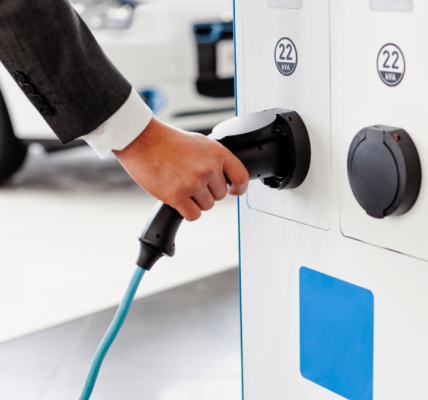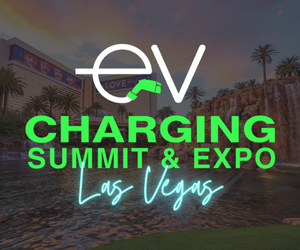FuelCell Energy and Toyota Motor North America Celebrate Launch of World’s First ‘Tri-gen’ Production System at the Port of Long Beach
FuelCell Energy, Inc. (Nasdaq: FCEL) and Toyota Motor North America, Inc. (Toyota) are celebrating the grand opening of the first-of-its-kind “Tri-gen” system at the Port of Long Beach, California, today. Tri-gen uses biogas to produce renewable electricity, renewable hydrogen, and usable water, and was built to support the vehicle processing and distribution center for Toyota Logistics Services (TLS) at Long Beach, Toyota’s largest North American vehicle processing facility that receives approximately 200,000 new Toyota and Lexus vehicles annually.
“The goal of our collaboration with FuelCell Energy was to find sustainable solutions for the TLS vehicle processing facility here at the Port of Long Beach as part of our goal to remove carbon dioxide emissions from our operations,” said Group Vice President of Sustainability and Regulatory Affairs at Toyota, Tom Stricker. “This groundbreaking facility shows that there are ways to reduce our emissions and burden on natural resources with scalable technology based on hydrogen.”
Thanks to FuelCell Energy’s Tri-gen platform, TLS Long Beach is Toyota’s first port vehicle processing facility powered by 100 percent on-site generated renewable electricity. FuelCell Energy’s innovative fuel cell technology uses an electrochemical process that converts directed renewable biogas into electricity, hydrogen, and usable water with a highly efficient, combustion-free process that emits virtually no air pollutants.
“Tri-gen demonstrates that hydrogen-based energy can benefit businesses, deliver zero-emission transportation for light- and heavy-duty vehicles, support improved air quality in local communities, reduce water usage, and deliver immediate and long-term benefits to the environment,” FuelCell Energy CEO and President Jason Few said. “As a company, we are living our purpose when we enable visionary customers like Toyota to decarbonize their operations and harness the energy solutions offered by hydrogen—all while leaving communities with cleaner air and easing the strain on power grids and water supplies.”
Tri-gen produces 2.3-megawatts of renewable electricity, part of which will be utilized by TLS Long Beach to support its operations at the port. Excess electricity is delivered to the local utility, Southern California Edison, under the California Bioenergy Market Adjustment Tariff (BioMAT) program, adding a renewable, resilient, and affordable baseload electric generation resource to the electric grid.
Tri-gen can also produce up to 1,200 kg/day of hydrogen for the fueling needs of Toyota’s incoming light-duty fuel cell electric vehicle (FCEV) Mirai while also supplying hydrogen to the adjacent heavy-duty hydrogen refueling station to support TLS logistics and drayage operations at the port. As of January 1, 2024, California’s Advanced Clean Fleet Regulation will only allow zero-emission trucks to newly register as drayage trucks. By 2035, all drayage trucks will be required to be zero-emission. The Tri-gen platform supports FCEV Class 8 trucks today and is there to support on-going migration to zero emission trucks between now and 2035. Hydrogen production can be ramped up and down based on demand. Since completing construction last year, in January of this year Toyota used the renewable hydrogen produced at Tri-gen to fill the first Toyota Mirai vehicles at TLS, and in April the first heavy-duty FCEV Kenworth T680 Class 8 truck was filled at the adjacent Shell HD filling station using Tri-gen-produced renewable hydrogen.
The water byproduct of hydrogen generation can produce up to 1,400 gallons of usable water per day, which is being repurposed for TLS car wash operations for vehicles that come into port before customer delivery. This helps reduce the demand on the constrained local water supplies by approximately half a million gallons per year.







